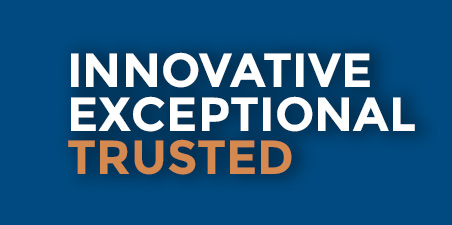The National Association of Workforce Development Professionals (NAWDP) is the premier membership organization for those businesses and individuals that have chosen to devote their operations and careers to the workforce development industry. KRA Corporation, a nationally-recognized leader in workforce development services, is a long-standing member and supporter of NAWDP’s stated mission, “to be the national voice for the profession and meet the individual professional development needs of the membership.” Held annually, this year’s national Conference, Putting America to Work, May 19 – 22, in Minneapolis, featured more than 50 workshops ranging in topics from program-service delivery best practices and innovations in program design, to leveraging technology
Read More
Monthly Archives June 2013
KRA’s Seymour Creates 2nd NAWDP Plenary Video
In support of a workshop facilitated by Kimberly Staley, KRA Vice President and Director of Client Services, for the May 2012 National Association of Workforce Development Professionals Conference, Joseph L. Seymour, Trainer & Subject Matter Expert, KRA/CTWorks One Stop Centers in Hartford, created a Workforce Development Advocacy video. Staley, a NAWDP Board member representing Connecticut, invited Bridget Brown, NAWDP Executive Director, to preview the video to ensure accuracy, suitability, etc. Brown was so impressed that she requested to use the video as the kick-off vehicle for the entire Conference! It’s been said that lighting does not strike the same place twice, but this
Read More
The Future of Workforce Development Rests in Washington D.C.
On March 15, 2013, H.R. 803, Supporting Knowledge and Investing in Lifelong Skills (SKILLS) Act, passed the U.S. House of Representatives by a vote of 215-202. According to a summary of the workforce development system bill provided by the House Republican Conference on the www.govtrack.us website “H.R. 803 seeks to provide American workers with a more dynamic flexible and effective network of job training services.” They go on to distill the policy into three main points: It eliminates ineffective and redundant programs It empowers job creators and promotes accountability It cuts through the bureaucracy Fleshing out those points, the bill
Read More


 Dr. Boone’s 20+ years’ experience in the industry is extensive and her expertise in private-, public-, and non-profit sector workforce-services organizations is unparalleled, particularly in the Baltimore–Washington Metropolitan area.
Dr. Boone’s 20+ years’ experience in the industry is extensive and her expertise in private-, public-, and non-profit sector workforce-services organizations is unparalleled, particularly in the Baltimore–Washington Metropolitan area.






















